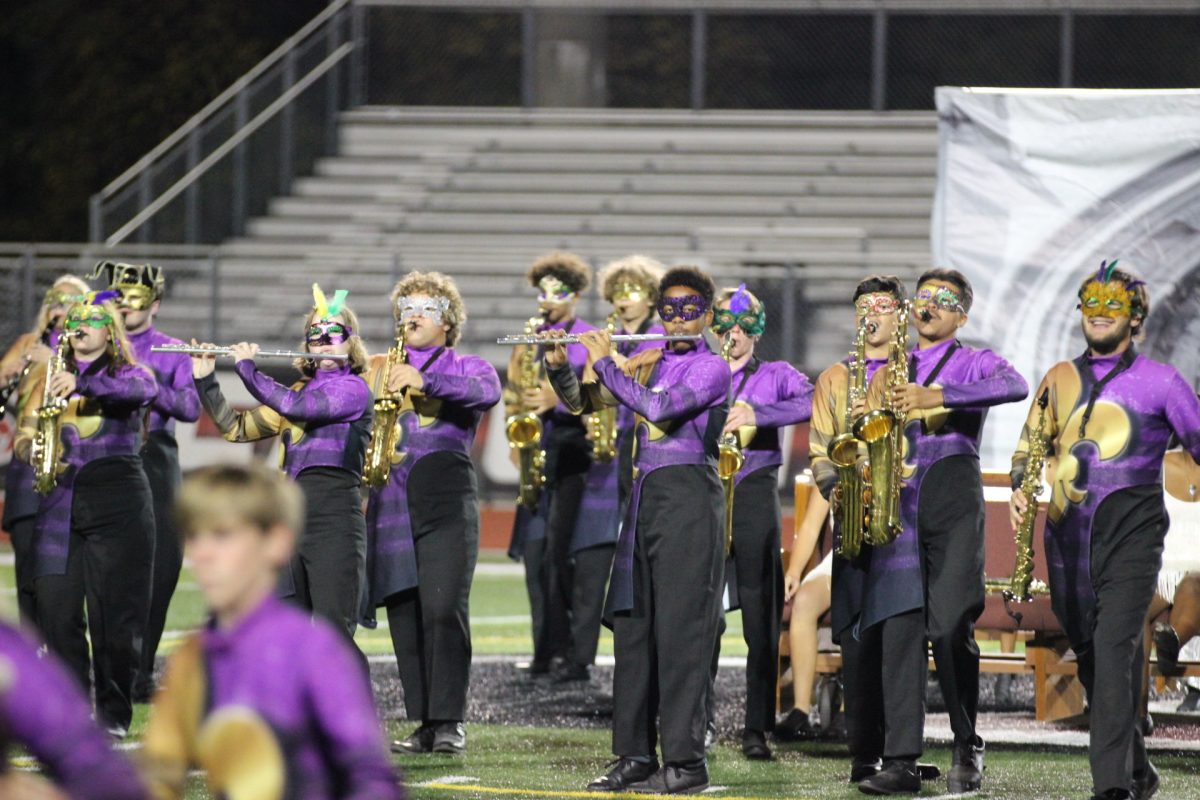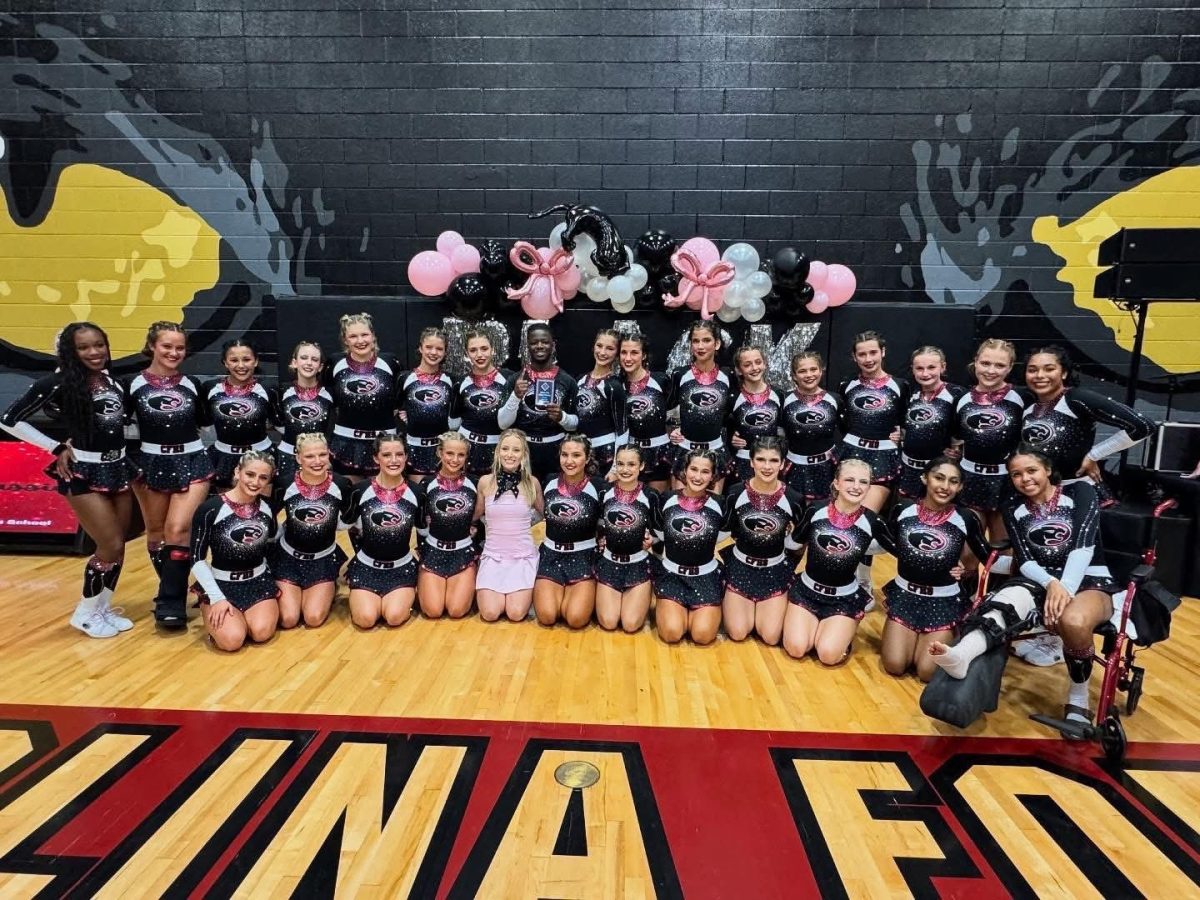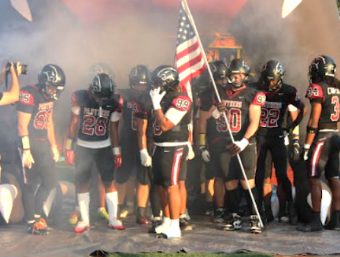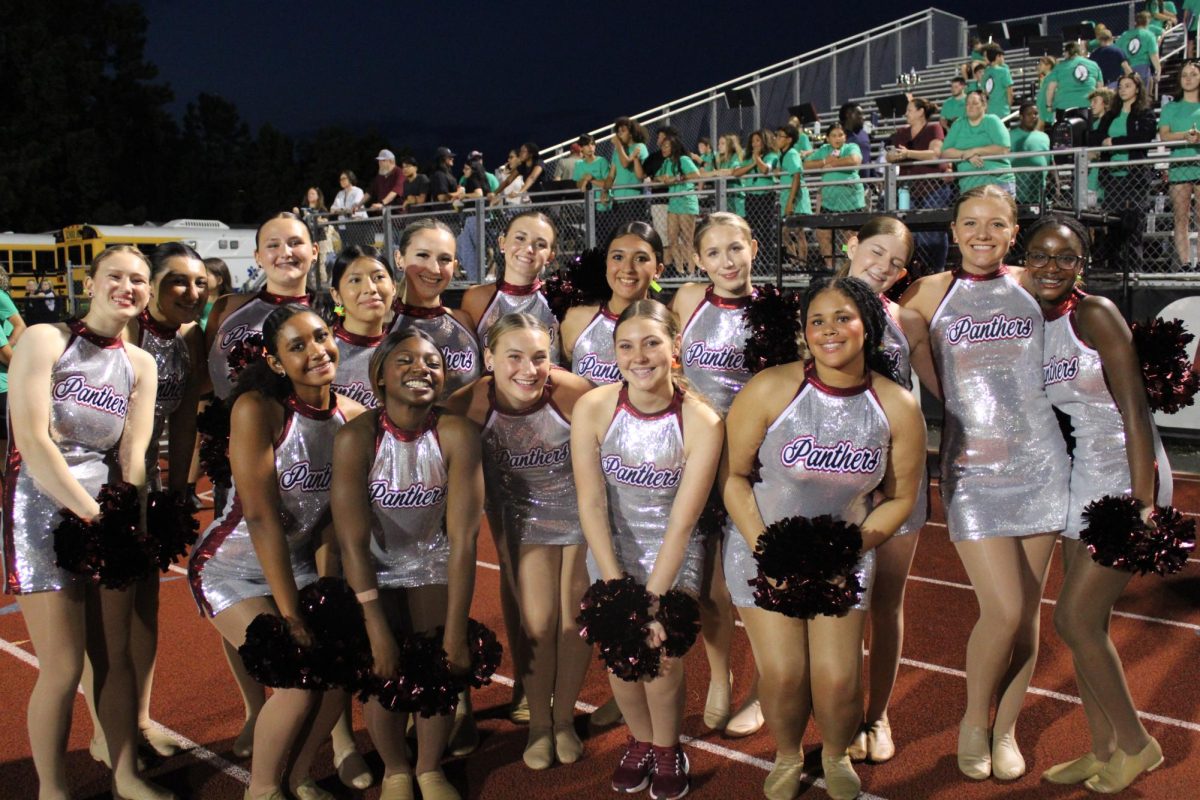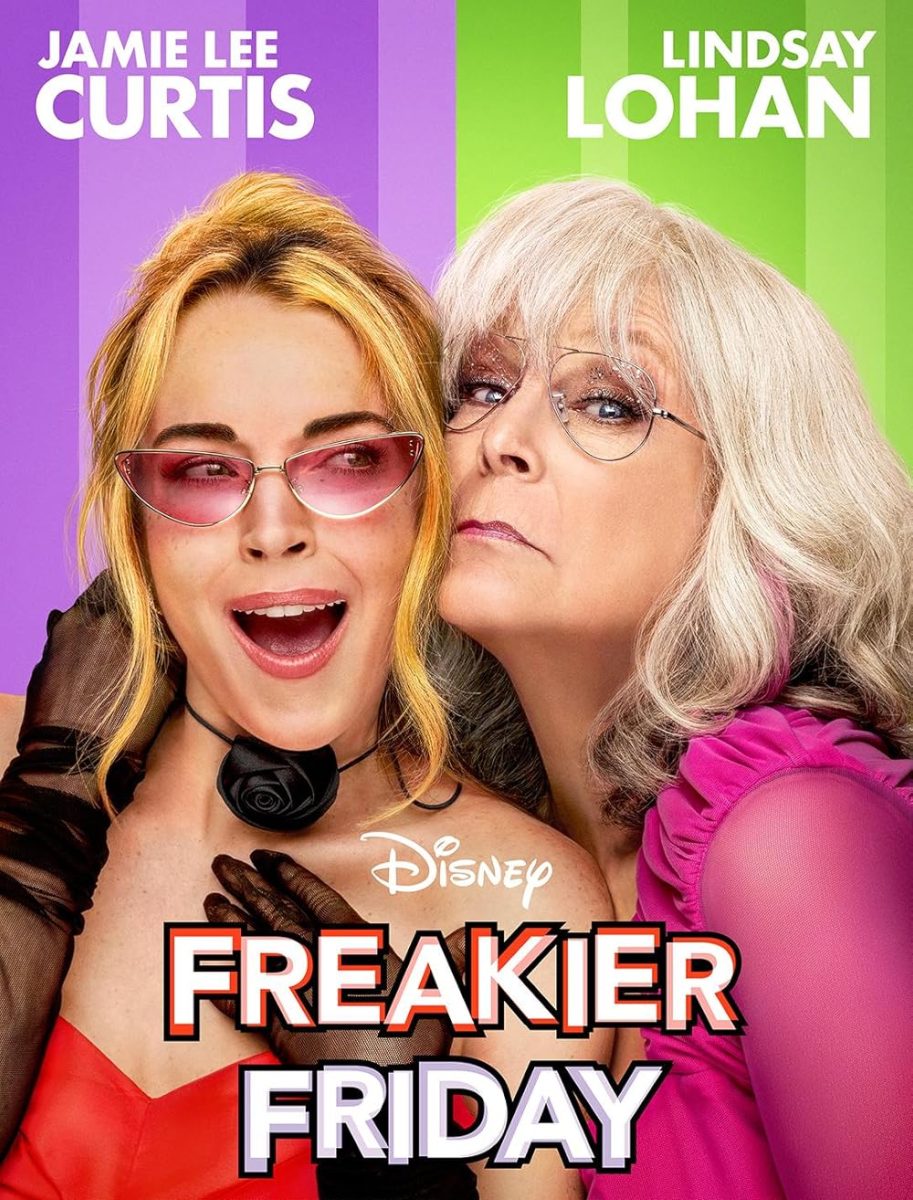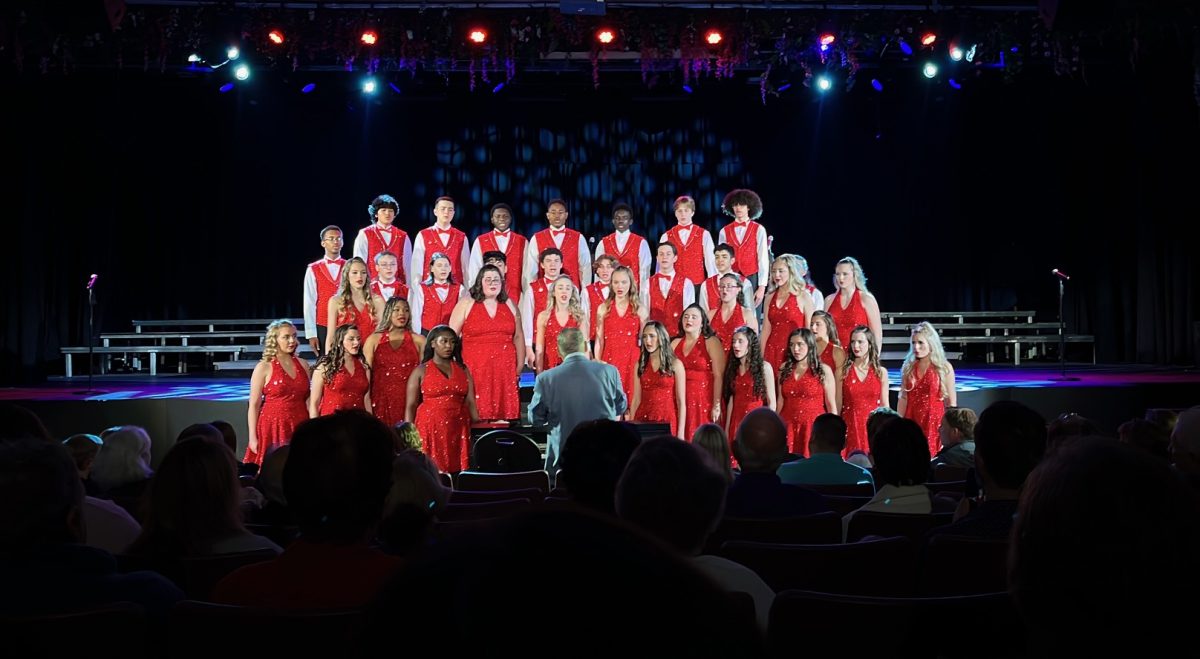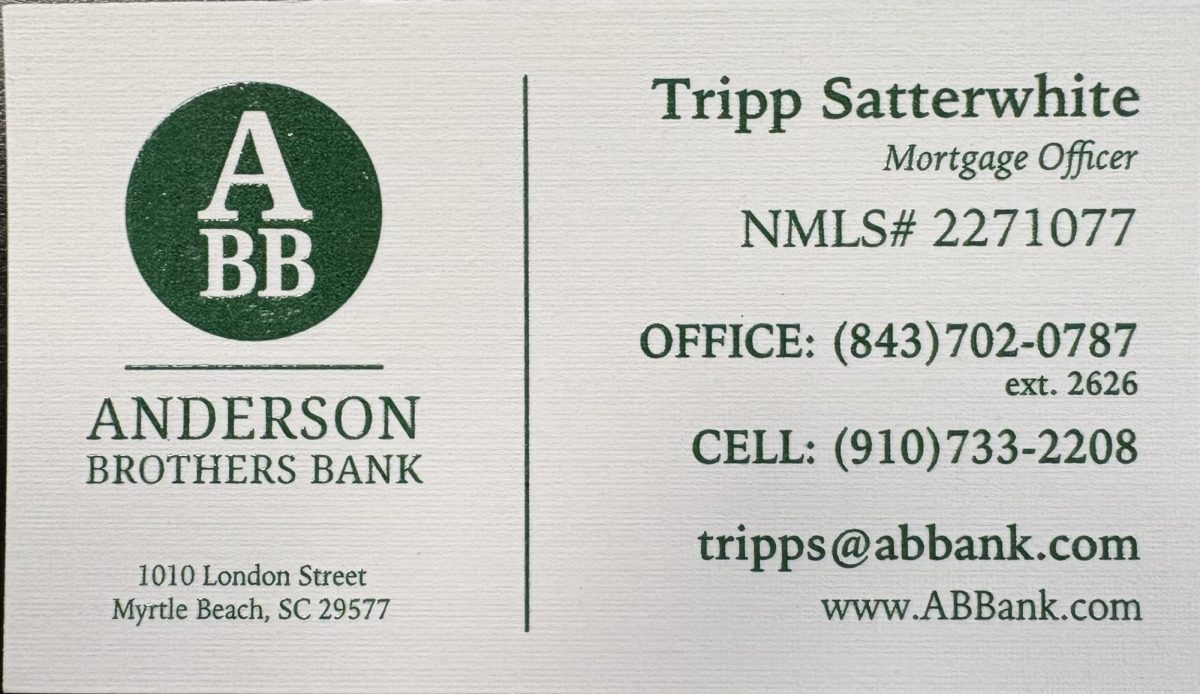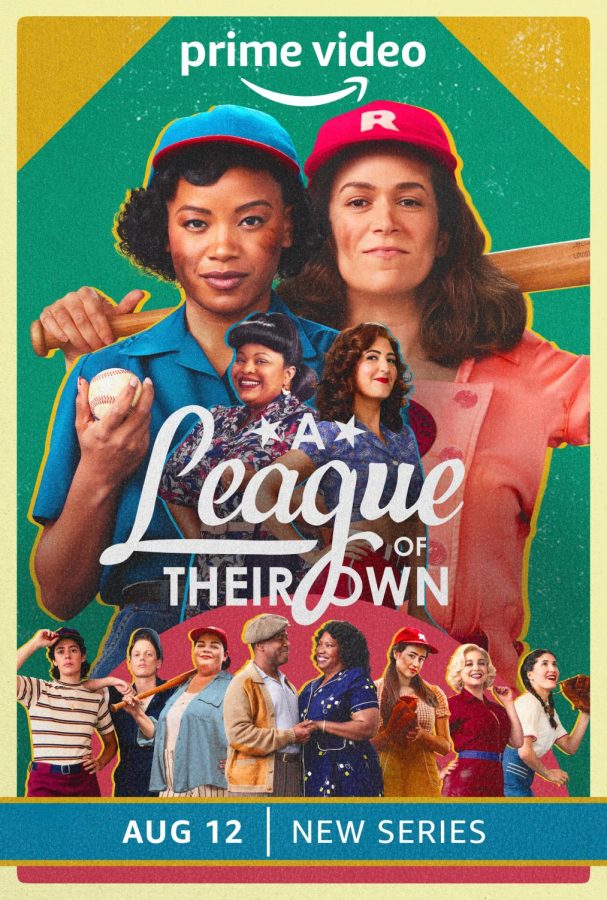“A League of Their Own” Adaptation
September 22, 2022
In 1992, “A League of Their Own” was a breakthrough movie loosely based on real life in the United States showcasing women empowerment during WWII. During 1943, many men were overseas fighting in WWII and the women had made the shift from workers in the home to factory workers and even moving into the role of baseball players. The original movie uses humor and storytelling to showcase the story of the All-American Girls Professional Baseball League.
“A League of Their Own” has gone through many changes as it was adapted from a movie into a TV show. The lead now features Maxine, an African-American woman played by Chante Adams, who paves the way for diversity in the new show. The first episode showcases the racial issues present during the 40s that were overlooked in the original movie. Even though Maxine (Max) is a qualified player, she is not accepted onto the team due to the color of her skin.
With the show being recently released, there are a variety of positive and negative reviews about the new adaptation.
Marya E. Gates with “The Playlist” magazine commented, “While this new iteration of “A League of Their Own” has its heart in the right place, it tries to do too much and succeeds in doing very little in the end.” a review on rotten tomatoes.
English teacher Ann Twigg shared, “I was in my 20s when “A League of Their Own” was brought to the screen. I really enjoyed the film for a myriad of reasons. I love how they based it on historical accounts of what our world was like during WWII and how much I wanted to be like some of the women who played. The eclectic cast was also phenomenal: Geena Davis, Tom Hanks, Madonna, Rosie O’Donnell, Lori Petty, and Ann Cusack. I’m not quite sure how I feel about the new series yet just because I enjoyed the 1992 film so much.”
As the show progresses, it will be interesting to see how the historical context of the original movie is kept alive while also taking a more liberal role.






